There’s a haunting precision to military post-apocalyptic sci-fi that appeals deeply—not because of flashy battles or action sequences, but because it shows humans in moments when discipline and raw survival instincts collide. These novels strip away civilization’s comforts, forcing characters to rely on trust, strategy, and painful decisions. They provoke questions about morality, command, and loyalty when society's usual rules no longer apply.
As someone who loves thoughtful science fiction, I’m intrigued by how these stories use warfare as a lens to expose our core identities. They challenge us to wonder: If our world collapsed, would we remain human, or would we become something harsher, perhaps unrecognizable? In the tension between military order and chaotic ruin, these books reveal powerful truths—not just about warfare, but about what humanity might still mean in the aftermath.
What Are The Top Military Post-Apocalyptic Sci-fi Books?
Final Blackout, L. Ron Hubbard (2012)
Set against a backdrop of endless global war, this story follows a solitary military leader known only as “The Lieutenant” through a scorched and fractured world. Biological weapons, nuclear devastation, and political chaos have torn continents apart. In this environment, The Lieutenant leads a hardened group of soldiers through occupied territories with nothing but strategy and conviction to guide them.
I think this novel resonates because of its sharp focus on character and moral complexity. It doesn’t just follow a battle for land, but a battle for identity and survival in the ruins of society. Hubbard’s storytelling blends old-school military grit with sharp political undercurrents that feel eerily contemporary.
What stayed with me most was the tension between duty and autonomy. The Lieutenant isn’t some archetypal hero—he’s a man constantly forced to weigh loyalty against instinct in a landscape where authority often betrays the very people it's meant to protect. This isn’t a book about winning; it’s about what you’re willing to lose to remain human.
The Man in the High Castle, Philip K. Dick (1962)
Imagine a world where the Nazis and Imperial Japan won World War II. That’s the foundation of this novel, set in an alternate 1960s America split into Axis-controlled territories. But beneath the surface of this uneasy power structure lies a forbidden book that tells of a different outcome — one where the Allies were victorious.
My personal opinion is that this book isn't just an alternate history — it’s a profound reflection on reality, propaganda, and what people choose to believe. It’s slow-burning, philosophical, and layered with meaning. The neutral zone, the author in hiding, and the haunting idea of parallel truths all stay with you long after reading.
The Mercy of Gods, James S. A. Corey (2024)
Humanity is on the brink, under the crushing dominance of the alien Carryx empire. When scientist’s assistant Dafyd Alkhor is captured and taken off-world, he finds himself among other conquered species, trapped inside a power structure that spans galaxies. What he doesn’t yet know is that his mind might hold the one thing that could shift the entire war.
This feels like the beginning of something truly massive. I think Corey’s knack for balancing high-stakes galactic conflict with intimate human drama makes this story feel real even when it’s orbiting a distant star. It’s emotionally intelligent science fiction, painted on a cosmic canvas.
EMP After the Lights, William Stone (2025)
After a devastating EMP event, Rob and his loyal dog Captain are among the few clinging to survival. Their journey to a hidden prepper homestead isn’t just about reaching safety—it’s about preserving a sliver of hope in a world where modern life has collapsed overnight.
I found this book refreshingly grounded. There’s no glamour to the apocalypse here—just sweat, instinct, and resilience. It’s a survivalist’s story at its core, and the bond between man and dog adds an emotional thread that makes it more than a checklist of hardships.
The Light Brigade, Kameron Hurley (2019)
War has changed. Soldiers are turned into packets of light and deployed across planets. Dietz, a fresh recruit, begins to notice cracks in the war’s official story when their missions don’t line up with what everyone else remembers. The deeper they go, the less clear it becomes whether they're fighting the enemy—or becoming it.
My take is this book hits hard because it’s not just about war—it’s about memory, identity, and the cost of blind obedience. Hurley’s time-bending structure and gritty detail make you question every layer of truth. It’s like Starship Troopers filtered through a broken mirror.
Trial By Fire, Kenny Soward (2025)
The world’s still burning in this fifth installment of the After the Impact series. Nick is trying to return home, Gabby is chased by danger, and Chris is leading a desperate charge to restore safety. With militia threats and dwindling supplies, their fragile alliances are tested at every step.
I think this book stands out because it doesn't pull away from hard questions—about trust, leadership, and sacrifice. It weaves multiple character arcs into a unified fight for survival, and as the world edges closer to collapse, it reminds us that sometimes the most dangerous battles are the ones within.
Final Thoughts
These novels aren’t simply war stories or dystopian adventures—they’re explorations of humanity’s complex relationship with power, order, and chaos. Each book uniquely tackles themes of leadership under extreme stress, loyalty tested by desperation, and sacrifice without guarantees of victory. They resonate because they remind us of a profound truth: even in the harshest landscapes, human connections and moral integrity become our final refuge.
Ultimately, great military post-apocalyptic fiction doesn't glorify combat or destruction—it questions it. It pushes us to consider whether the societies we build after the end justify the sacrifices we’ve made. Through these stories, we confront not just imagined futures, but deeper reflections on what we value most when everything else has been stripped away.
If you are into post-apocaliptic stories, check out our favorite survival books too.

My profession is online marketing and development (10+ years experience), check my latest mobile app called Upcoming or my Chrome extensions for ChatGPT. But my real passion is reading books both fiction and non-fiction. I have several favorite authors like James Redfield or Daniel Keyes. If I read a book I always want to find the best part of it, every book has its unique value.









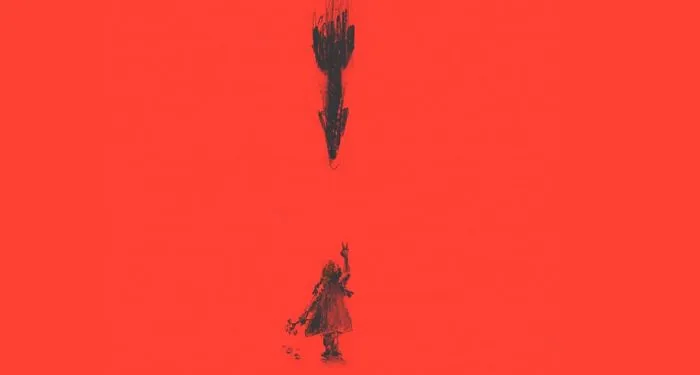

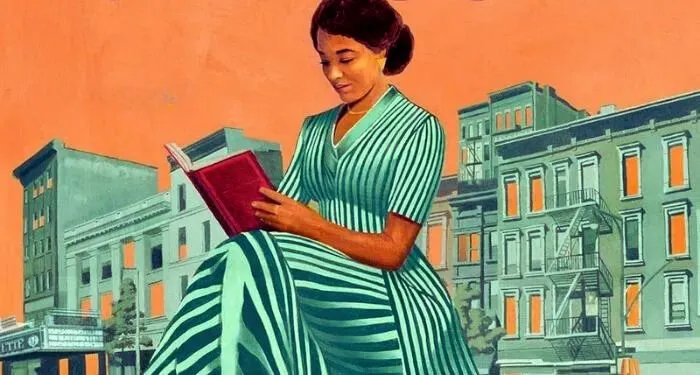

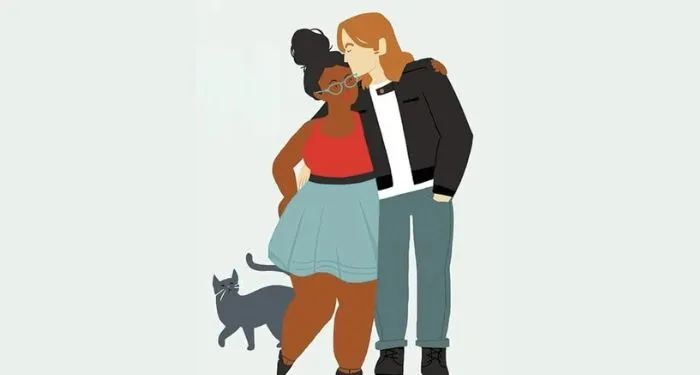
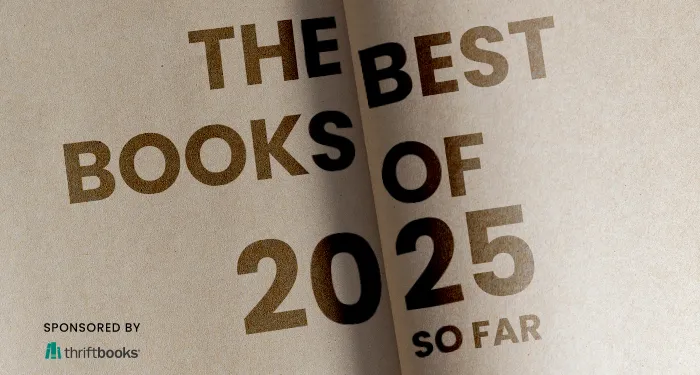

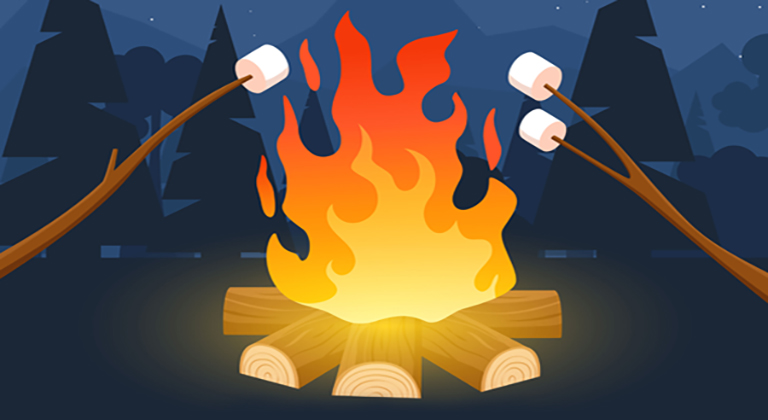









 English (US) ·
English (US) ·